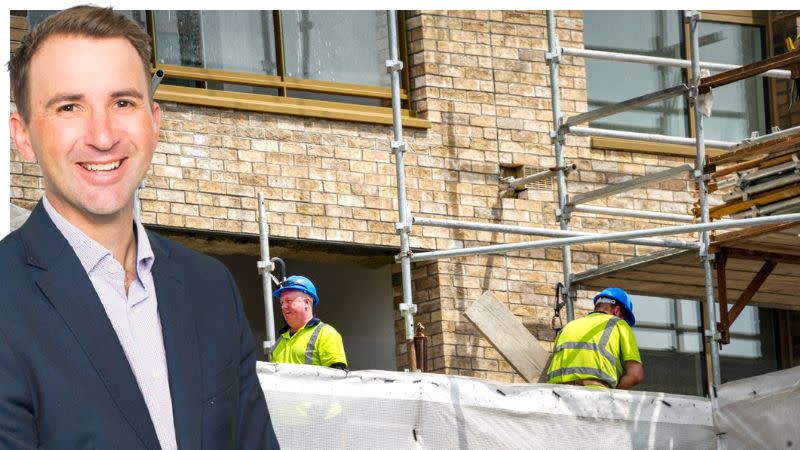WA Gives $10,000 Overseas Worker Lure Another Year

A scheme that halves the cost of bringing overseas tradies to Western Australia has been extended for a year.
The WA Government said the extension of the Construction Visa Subsidy Program had been driven by the scheme’s success to day—it has added 1100 skilled workers during the past 12 months to the state’s struggling labour sector.
Western Australian Premier Roger Cook said skilled workers were needed to increase the state’s residential construction workforce and that lures likes the program meant homes would be built sooner.
The program, part of the WA 2023-24 Budget, offsets the average cost of $20,000 to bring an overseas tradie to the state, needed for an employee’s migration agent and visa application fees plus their relocation expenses.
The state’s Construction Migration Office also helps employers navigate the complexities of Australia’s visa system, providing employers with end-to-end support during the process.
The program is helping to reduce by six months or more the time it takes for migrants to arrive and be legally allowed to work, the state said.
Of the 1100 successful applicant to the scheme, 230 are now in WA. Another 120 are expected to land next month.
The scheme has provenpopular with local employers, who are attracting skilled migrant workers, mostly from the UK, the Philippines, Ireland and Italy, to boost their workforce.
Housing Industry Association WA executive director Michael McGowan said about 150 to 200 employers had applied for the program in its first 12 months.
“And we’re seeing that number growing,” he told The Urban Developer.

“We’re seeing more and more builders and subcontractors come into our information sessions—we held four specific sessions on the [program] over the past 12 months—and generally they’ll come in two or three times to get an understanding of the process.
“We can then partner them with migration or recruitment agents to help them through the process.”
McGowan said that with a “big pick up” of interest in the scheme, the extension was a wise move.
He said that there were other reasons to like the program, including its strong complementation of the state’s apprenticeship market.
“I don’t think we can rely on either just apprentices or just skilled migrants—they have to complement each other and the program does this,” he said.
“Plus, some of the stories that we’ve seen come through about how this program is literally changing people’s lives by bringing them out to Australia and being able to support their families back home … are pretty magic.
“Creating a better life as a state is something we should be really proud of.”














